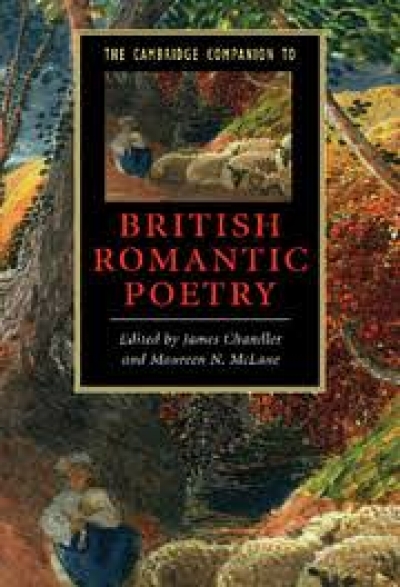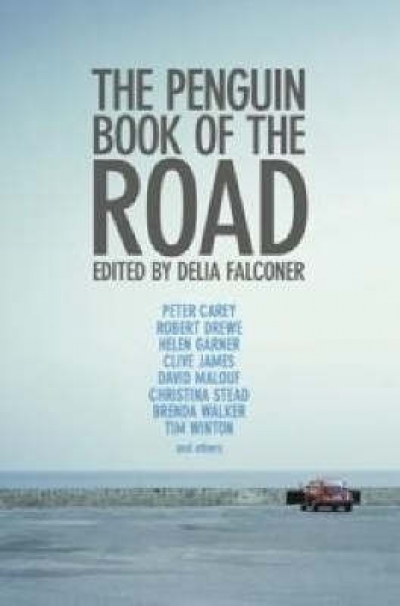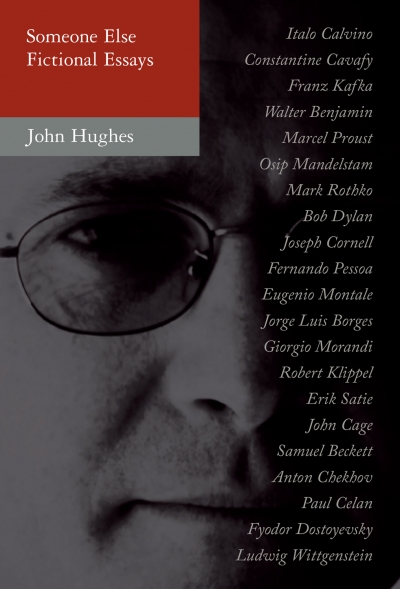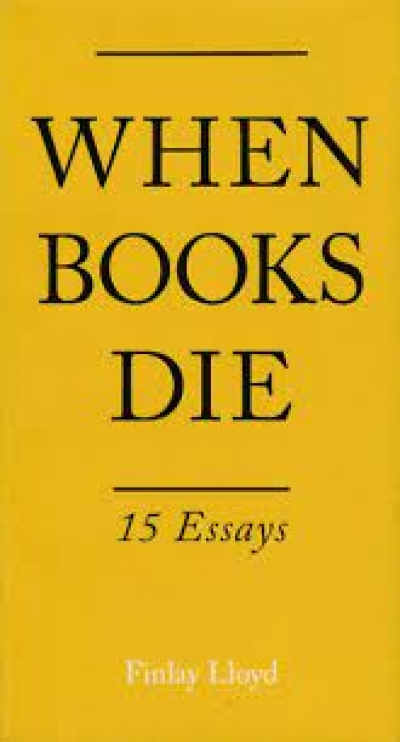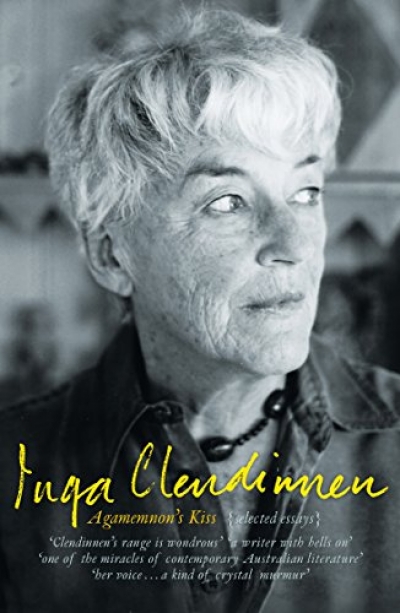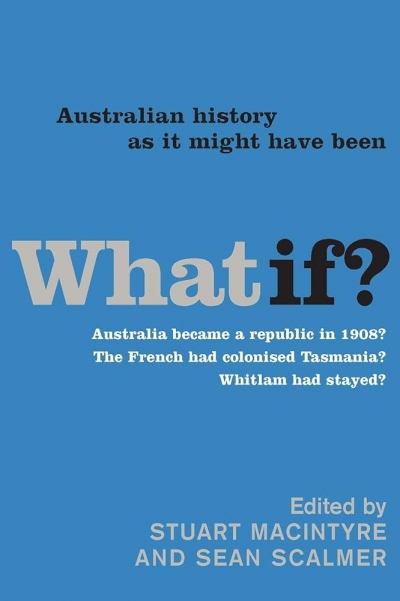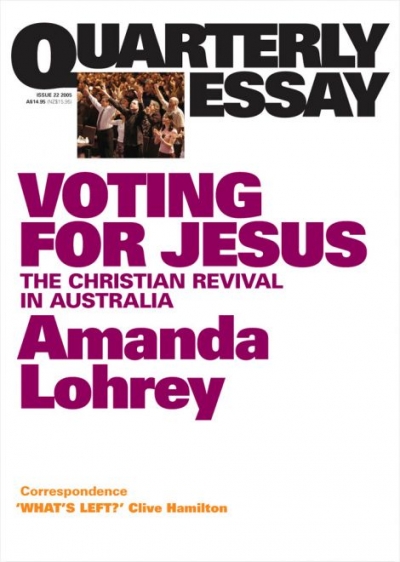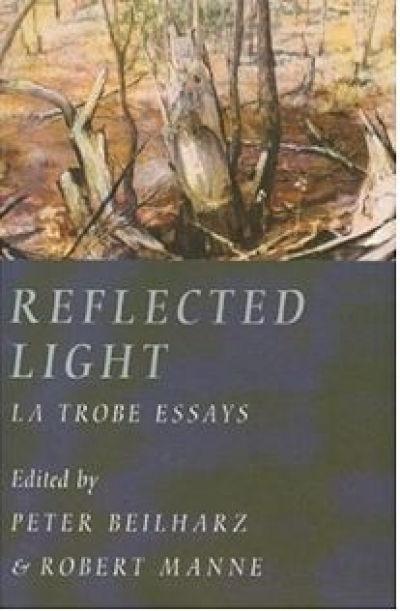Essays
The Cambridge Companion to British Romantic Poetry by James Chandler and Maureen N. McLane
by Deirdre Coleman •
Tolerance, Prejudice and Fear by Christos Tsiolkas, Gideon Haigh and Alexis Wright
by Jay Daniel Thompson •
Dying: A memoir by Donald Horne and Myfanwy Horne
by Pamela Bone •
When Books Die: 15 Essays edited by Finlay Lloyd
by Chris Boyd •
Agamemnon’s Kiss by Inga Clendinnen & Quarterly Essay 23 by Inga Clendinnen
by Morag Fraser •
What If?: Australian history as it might have been edited by Stuart Macintyre and Sean Scalmer
by John Hirst •
Quarterly Essay 22: Voting for Jesus: Christianity and politics in Australia by Amanda Lohrey
by Marion Maddox •
Reflected Light: La Trobe essays edited by Peter Beilharz and Robert Manne
by James Ley •

